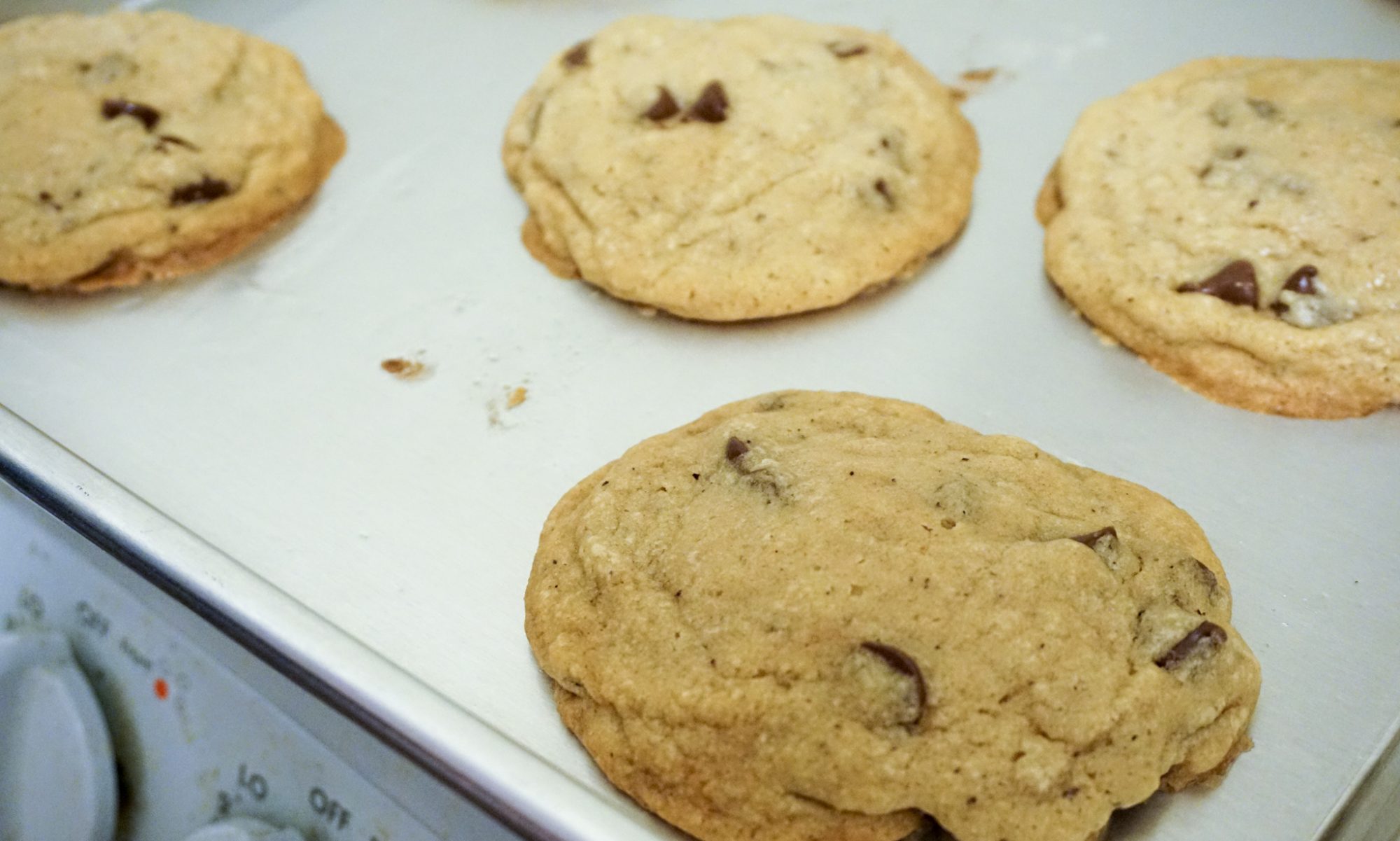I recently finished Zero Waste Home by Bea Johnson, of zerowastehome.com. This is a book about reducing the amount of waste you produce. It was much more useful to me than Plastic Purge was. The author comes off as extreme, but in ways that are refreshing and helpful to people who are already very into sustainable living.
Based on the GoodReads reviews, this is a controversial book. There are people (whom I assume to be like me) who rave about the author as a pioneer of household sustainability; there are others who say she is extreme, unrealistic, snobby, and privileged in a myriad of ways.
I would definitely agree that the author is extreme.
She brings up issues that rarely come up in discussions of sustainable living.
For example, what about toilet paper? Most green living bloggers and authors just avoid this topic. Some admit to using toilet paper, but are quick to proclaim that theirs is made from recycled paper. The most extreme use cloth wipes (for pee only). Bea Johnson goes a step further and as the least wasteful option proffers: your hand and some water. (J said that he would never touch me again.)
And at the beginning of the children section, Johnson suggests adopting. (Some readers had problems with this.)
But it is exactly these not-oft-explored areas that make the book useful and novel to someone who has perused many green living books, blogs, and videos. Johnson is very very very thorough. She has carefully considered waste in all aspects of her life.
One of the reasons the book seems so extreme is because Johnson made all of these waste-reduction changes over the course of years. You can’t expect to implement all of those changes in your own life in just a few weeks (or even months). But because it’s all presented at once (duh, it’s a book), it feels like you’re expected to.
The author is privileged in some ways.
When she started on the “trash diet”, she was a stay-at-home parent with lots of free time. Her family eats a European-American diet, for which it is easier to find ingredients in bulk. (Try finding Sichuan peppercorns or bonito flakes in bulk- and let me know if you do!) She lives in the Bay Area, which has a few superb bulk stores.
On the other hand, here are some things that didn’t affect Johnson’s ability to reduce her family’s trash production.
Those superb bulk stores are few and far between. Most places in the Bay Area have limited access to bulk groceries, just like the rest of the US. Her family seems fairly wealthy (as pointed out by a number of reviewers). But going low-waste is cheaper than what most people do. You buy fewer products, you waste less of what you do buy, you DIY or substitute for more expensive pre-made products, you use less water, you use less electricity, you reuse, you repair, you buy secondhand. How could it not be cheaper?
Points Johnson mentioned, but that I wish she had repeated more often
- Make changes that fit with your lifestyle.
- Feel free to pick and choose among the ones in the book! You don’t need to adopt all of them.
- Make changes that are easy enough that you can maintain them for a long time.
- Have a system in place.
- Go slow! (She might not’ve said this.)
Things that I took away: Activism is important, too. Contact companies if you’re not happy.
Overall, I consider this an “advanced” green living book. It assumes that you don’t need to be convinced that sustainability is a valiant goal. On the other hand, if recycling makes you feel really accomplished, then this book is going to scare you away. Start with Plastic Purge.
(On a similar note, my impression is that a lot of the negative reviews are by people looking for reasons to excuse themselves from a having to adopt a low-waste lifestyle. They say that it’s too expensive, too extreme, too hard to find bulk, inconvenient to gift-givers. Similarly to climate change-deniers, they just want to continue with their current familiar, comfy way of life without having to worry about the externalities.)

One Reply to “Zero Waste Home Book Review”